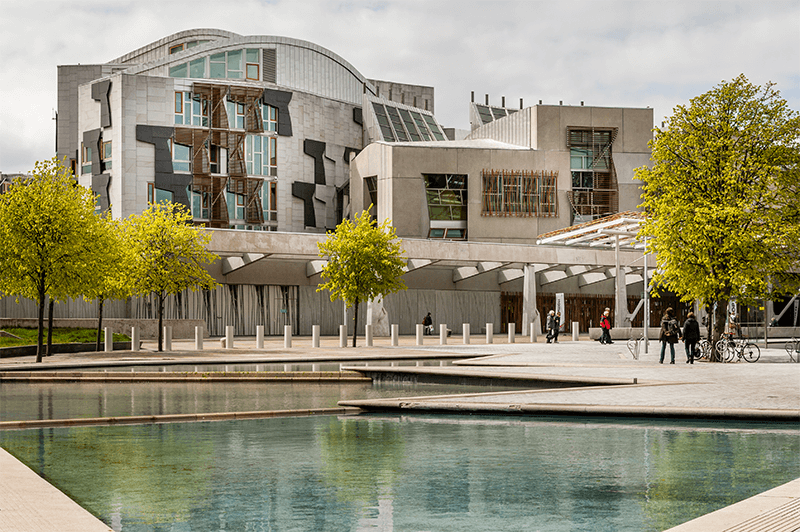Publication: What are the Auditor General for Scotland's powers?

What are the Auditor General for Scotland’s powers?
Blog: By Stephen Boyle, Auditor General for Scotland
The powers of the Auditor General are considerable and are intended to support the democratic scrutiny of how well public money has been spent. For me, they also exist so that the work of public audit helps improve the lives of the people of Scotland and contributes to building a more caring and fair country. That’s what drove me to apply for the job and what I will be focused on over the next eight years.
It was Her Majesty The Queen who formally appointed me – a mark of the government act that guarantees that neither the Scottish Government or Parliament can direct or control my work. I am privileged to be independent of both.
My autonomy is part of Scotland’s democracy and is at the heart of the job: it’s vital that the public know that I can carry out my duties freely.
It’s with the public – all of us who use public services – as much as politicians and chief executives, that I want my work to resonate as widely as possible. To generate discussion between friends and families as well as in Holyrood’s debating chamber.
Right now, we’re looking at Audit Scotland’s work programme to make sure it reflects Covid-19’s impact on public audit and finances; as well as how well placed the country is to deal with the significant challenges of poverty, inequalities and climate change.
The biggest part of my work is auditing the financial accounts of around 200 public bodies. The second is looking at how effectively and efficiently public bodies are carrying out their work. These performance audits can range from how the NHS in Scotland is faring to the delivery of early learning and childcare hours. And that’s the part that forms our work programme.
I’m also able to bring issues uncovered as part of our financial reporting to the Parliament’s attention through what’s known as s22 reports. In recent years these have ranged from IT project failures in various public bodies to governance issues at NHS Tayside and the Scottish Police Authority. The volume of these reports has grown over recent years as pressure on public services increase.

A significant annual s22 is on the Scottish Government’s consolidated accounts. Large sums flowed through the accounts towards the end of the financial year in March because of the response to Covid-19. And this year, it will be especially important that the government is transparent about how that public money has been spent, and the rationale behind it. That piece of work will be towards the end of 2020 and will be preceded by a separate report looking at the state of Scotland’s public finances and the sums distributed to the Parliament since the pandemic.
I look forward to seeing the government’s publication of its medium-term financial strategy, which was delayed in light of Covid-19. This key document needs to set out spending forecasts and what related outcomes the government expects to achieve. The remaining piece of financial information from the government is its awaited Scottish Public Sector Accounts. These whole of government accounts for Scotland should provide a clear picture of what Scotland’s public bodies owe and own and help decision makers prioritise for the future.
The job of Auditor General is a huge privilege and responsibility. What I choose to audit, or often what I don’t audit, is rightly of public interest. On that front, I’m accountable to the Scottish Parliament’s Public Audit and Post-legislative scrutiny committee, whose members can ask that I look at areas they consider worthy of audit. But the final decision will be mine.
And to anyone wondering who audits the auditors, there’s reassurance: it’s also the Parliament that plays that role through the work of the Scottish Commission for Public Audit.

Stephen Boyle, Auditor General for Scotland




